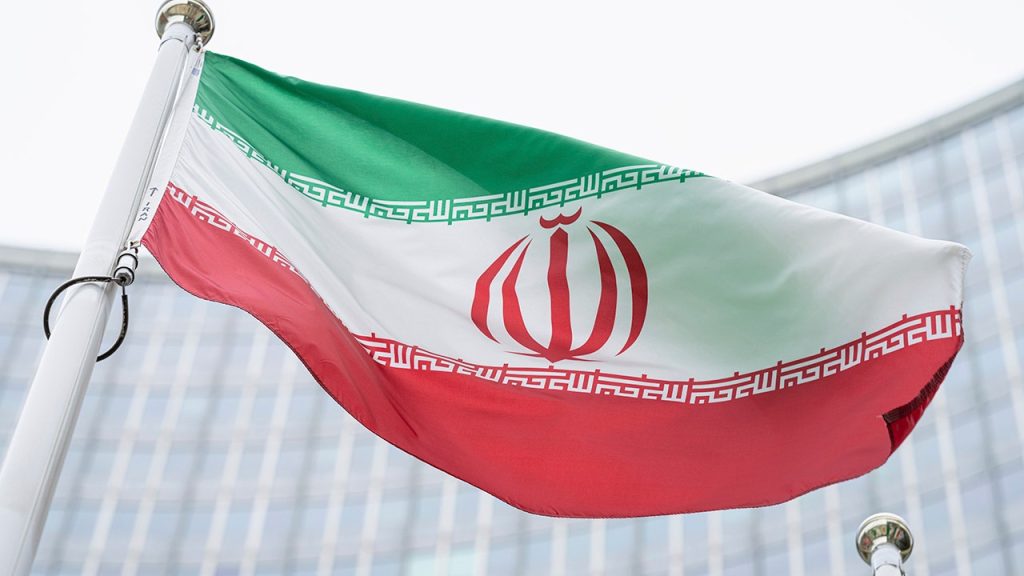Gunmen attacked a police convoy in Iran’s Sistan and Baluchistan province, killing six policemen and wounding two others. The Jaish al-Adl militant group claimed responsibility for the attack, which was the second in as many weeks targeting security forces in the region. The militants have been fighting for greater rights for the ethnic Baluch minority, although Iran and some other nations consider them to be a terrorist group. Last week’s clashes in the province resulted in 10 Iranian troops and 18 militants being killed, with six more members of the security forces dying later in the hospital.
The province, which borders Afghanistan and Pakistan, has often been the site of deadly clashes involving militants, armed drug smugglers, and Iranian security forces. In December, militants killed nearly a dozen police officers in an attack on a police station in the province. Sistan and Baluchistan is one of the least developed parts of Iran, and the relations between the predominantly Sunni Muslim residents of the region and Iran’s Shiite theocracy have long been strained. The attack on the police convoy highlights the deteriorating security situation in the region, with ongoing violence and conflict between various groups.
Iran’s Foreign Minister recently accused the United States of giving Israel a “green light” to attack a consulate in Syria. The report could not be independently verified, but it reflects the tense relations between these countries. The attack on the police convoy adds to the already heightened tensions in the region, with various groups vying for power and influence. The continued violence and instability in Sistan and Baluchistan pose a significant challenge for Iranian authorities and emphasize the need for a more robust security presence in the area.
The militants in Sistan and Baluchistan are fighting for greater rights for the ethnic Baluch minority, who have historically faced discrimination and marginalization in Iran. The province’s border location makes it a hotspot for illicit activities, including drug smuggling, which further complicates the security situation. The involvement of armed groups and militants in the region has led to frequent clashes with Iranian security forces, resulting in casualties on both sides. The attack on the police convoy is just the latest in a series of violent incidents that have plagued the province and underscore the challenges of maintaining stability in such a volatile environment.
The deteriorating security situation in Sistan and Baluchistan highlights the complexities of governance and security in Iran’s southeastern region. The province’s geographic location, its ethnic composition, and its history of conflict contribute to the ongoing violence and insecurity in the area. The Iranian government faces the difficult task of addressing the root causes of the conflict, including ethnic tensions and economic disparities, while also ensuring the safety and security of its citizens and security forces. The attack on the police convoy serves as a stark reminder of the challenges facing authorities in the region and the need for a comprehensive strategy to address the underlying issues fueling the violence.
As the violence and instability in Sistan and Baluchistan continue to escalate, the Iranian government must prioritize efforts to improve security and address the grievances of marginalized communities in the region. This includes implementing policies to promote economic development, reduce poverty, and address the long-standing concerns of the Baluch minority. Enhancing cooperation with neighboring countries, particularly Afghanistan and Pakistan, is also crucial in combating cross-border threats and preventing the spread of violence. The attack on the police convoy underscores the urgent need for a coordinated and comprehensive approach to addressing the security challenges in Sistan and Baluchistan, in order to stabilize the region and prevent further bloodshed.


